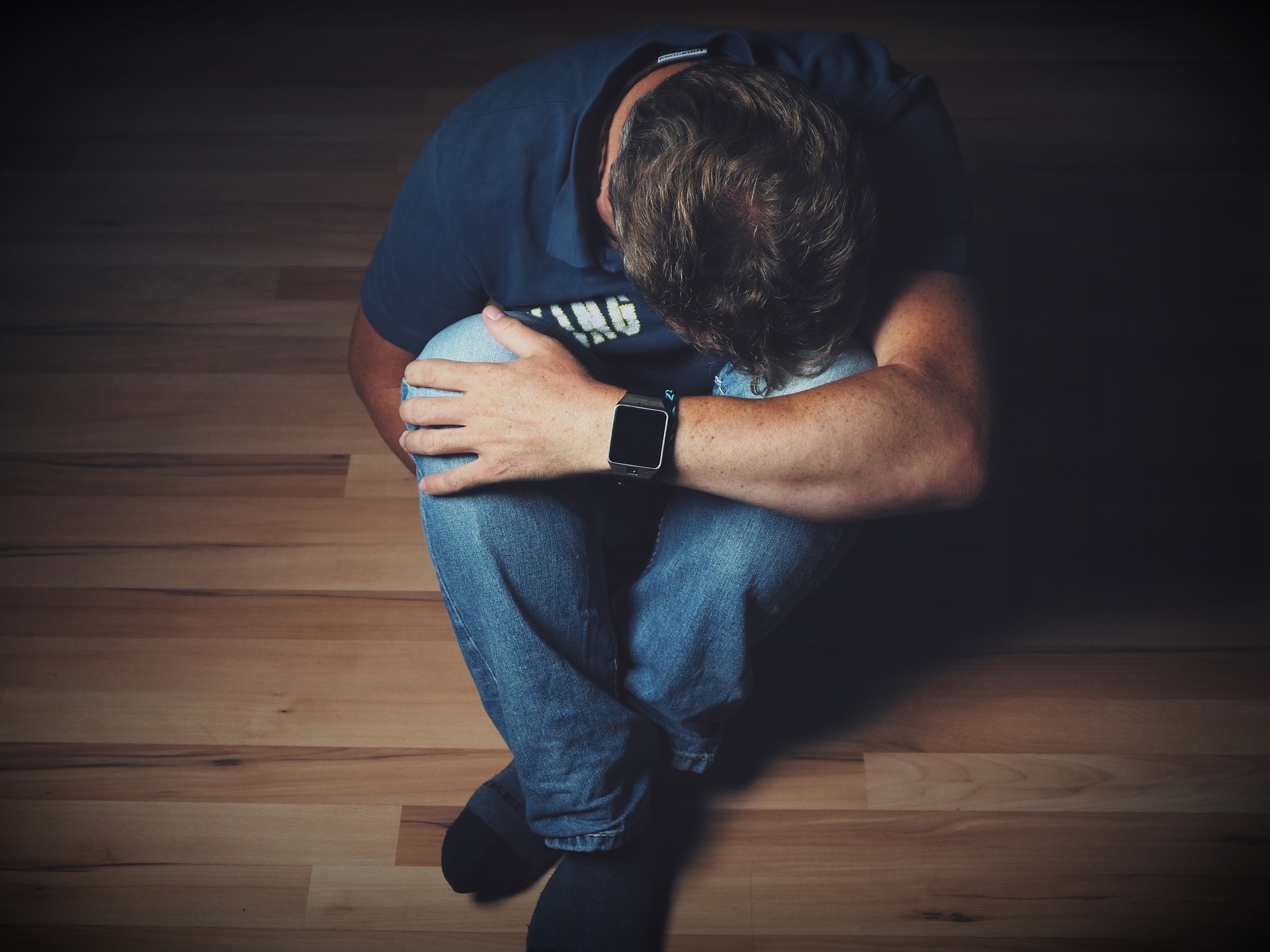Mental health- a comprehensive guide to the 5 stages of grief and loss.
Grief is a universal feeling that most of us will feel at least once in our lifetime, be it because of the loss of a loved one, the end of a relationship, or a job. These things can really alter our life and change how we see it, and it is essential to know that we all don’t deal with grief similarly. Grief is something really personal and not something linear or neat that everyone experiences the same way; some people lash out while others withdraw into themselves. Though everyone deals with grief differently, there are some commonalities that most of us face or go through while we are in this state of mind.
Origin and stages of grief
It was coined by a Swiss American psychiatrist, Elizabeth Kübler-Ross, in her book On Death and Dying. In it, she divides the stages of grief into five of the most common reactions to it:
-
- Denial
-
- Anger
-
- Bargaining
-
- Depression
-
- Acceptance
It should be noted that not everyone experiences these stages in the same order and might spend one day on a stage and three months on another and might even skip some stages. Her theory about grief and its stages was known as the Kübler-Ross model. Though initially, it was devised for terminally ill people as she was studying them for her book. Over time and with the help of numerous psychiatrists, this original model was adapted for others who experience loss too. There are other grief models out there, like the seven stages of grief or the two stages, but this one is considered as the most universal model of reaction that most grieving people go through.
The five stages:
1. Denial

This tends to be most people’s first response to loss; denial is a defense mechanism that our brain uses to protect us from the overwhelming feeling of grief. It buffers the initial shocks and makes you doubt reality and you question whether that kind really happened or not. After this, you usually go numb and feel nothing and act like nothing matters to you. This is your mind’s way of dealing with this challenging situation; your grief is so overwhelming that your brain shuts down to be able to process it. This is a natural reaction that helps you process the loss of time that you spent with that person/thing.
2. Anger

According to Kübler-Ross, anger is our way to redirect the pain of the loss, but it is a necessary stage in one’s healing process. Let yourself be angry even if it is over the smallest thing, scream and shout in a pillow and let your anger and transmutation out. This slowly makes your grieving process more manageable and over time, it will dissipate. It is also one of the most primal instincts that we keep in check every day, but while grieving, you lose this censor and everything can awaken our wrath. It tends o be the first thing we feel when we come face to face with our sense of loss. Believe me and feel your feeling; this is all part of the healing process.
3. Bargaining

You’ll bargain with anyone, from God to Lucifer himself, if this means that you get back what you’ve lost, and this may make you look desperate, but it’s normal to bargain to get something we cared for back. You will ask yourself many questions and will even question your action. You will be like, what if I did this? Would it have changed the outcome? Guilt will also be present during this process and you will blame yourself for whatever happened, making you question your life’s worth. As much as this hurts, it helps you to deal with reality and confront your loss.
4. Depression

Just like the other stages, not everyone will face the depression stage in the same way and depends on your mental state and the severity of the loss. There is no right or wrong way to go through this stage or any other of the five stages, for that matter. There is no deadline to overcome your loss. Take as long as you need to get yourself in a mental state that is stable enough where you can deal with it. This depressive stage is not necessarily a sign of pre-existing mental health issues, but rather Kübler-Ross argues that it is a natural response to grief. Some signs of this are:
-
- Confused and distracted
-
- Fatigued
-
- Not able to enjoy things you once did
-
- Not feeling hungry or not wanting to eat
-
- Feeling vulnerable
-
- Not wanting to move (feeling of inertia)
These are typical responses to grief and tend to be temporary. If you feel that you aren’t getting any better, I advise you to visit a therapist who can help you cope with this difficult situation.
5. Acceptance

This stage doesn’t mean that you are okay with your loss; it just means that you are okay with what happened; depending on your loss, you might never really get over it, but you accepted it for what it was. It is the aftermath of your grief and how you cope and continue life after losing something important. This is the stage where you might feel more at ease to reach out to your loved ones, but it’s also totally normal to still be withdrawn from others and want to be on your own.
Remember, not everyone deals with grief in the same way; some of us are more likely to be more sensitive to some stages than others and it also depends on the severity of the loss. Sound off in the comment sections below and tell us if you learnt anything new today.



